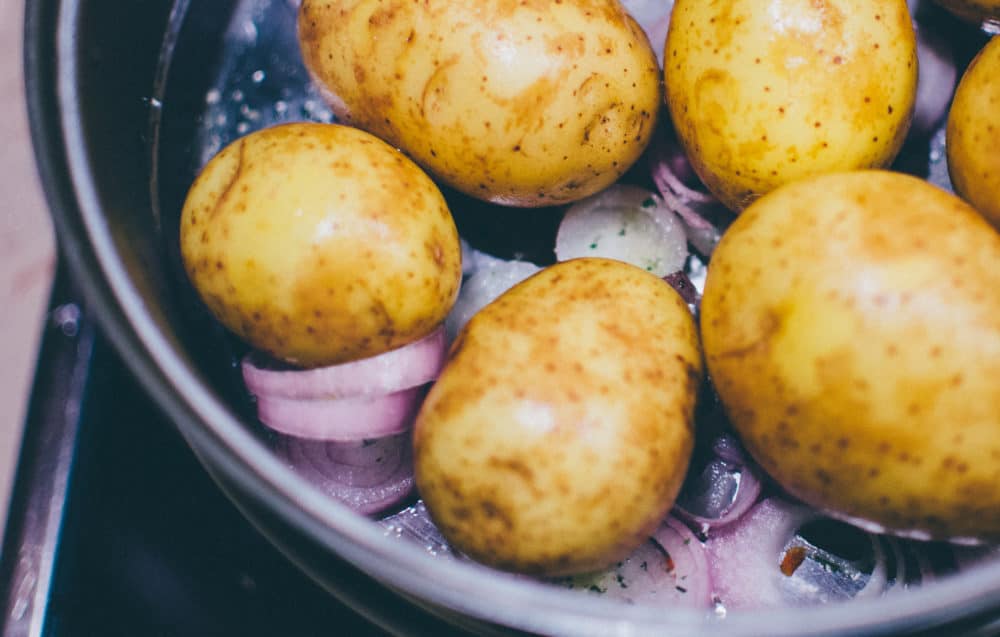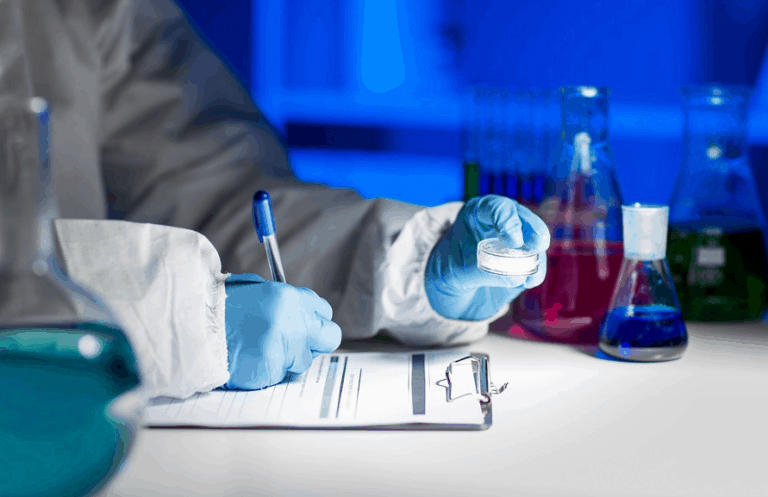If the farmer who grows food won’t touch it, that is a good sign that maybe you should steer clear too. We are letting you in on the foods that doctors, fishermen, scientists, and cancer researchers won’t eat so you can make an informed decision about what you put in your body and take control of your health. What you read may make you want to avoid these foods that even the experts won’t eat. In fact some of the items in this list are on the list of 10 U.S. foods banned in other countries.
Milk with synthetic hormones
Cancer researchers stay away from dairy products from cows treated with growth hormones. Rick North is the project director for the Campaign for Safe Food at the Oregon Physicians for Social Responsibility. He is also the former CEO of the American Cancer Society (Oregon Division). Even though there is not definitive proof that the synthetic bovine growth hormones rBGH and rBST are causing cancer, North warns that these synthetic hormones lead to a higher level of insulin-like growth factor in milk. High levels of this insulin-like growth factor may lead to prostate, colon, and breast cancers in people.
Cows treated with rBGH experience more frequent udder infections, and even have pus in their milk. This can lead to more antibiotics getting into the milk and contributing to antibiotic-resistance. Another reason North avoids them is that they are banned in most industrialized countries.
Organic milk does not contain antibiotics or synthetic hormones, and that is why experts like North recommend organic dairy products. If you can’t find organic, at least look for labels that say “rBGH-free,” “from cows not treated with rBST,” and “produced without artificial hormones.”
Nonorganic apples
Organic foods expert Mark Kastel is a former executive for agribusiness. He is co-director of the Cornucopia Institute, which is a research group that supports organic foods. Apples are some of the most contaminated fruits and are often sprayed with pesticides. According to Kastel, farm workers, who are exposed to a lot of pesticide, experience higher cancer rates. More and more studies are also linking high pesticide exposure with Parkinson’s Disease. It is best to buy organic apples.
Farmed salmon
Farmed salmon is higher than wild salmon in contaminants such as pesticides (dioxin and DDT), carcinogens, PCBs, and brominated flame-retardants. Dr. David Carpenter is the director of the Institute for Health and the Environment at the University of Albany. He published a major study on contamination in fish. The most contaminated fish are those from Northern Europe, and these are commonly found on U.S. menus. Atlantic fresh salmon means the same as “farmed.” Instead, look for wild Alaskan salmon. Other contaminants in farmed salmon include high levels of antibiotics. Fish are not meant to live in crowded living conditions, eating soy, poultry droppings, and hydrolyzed chicken feathers.
Nonorganic potatoes
Potatoes are the most popular vegetable in the US. Root vegetables like potatoes absorb herbicides, fungicides, and pesticides from the soil, and potatoes are regularly treated with all three. Then once they are harvested the potatoes are treated again to prevent them from sprouting. Jeffrey Moyer, chair of the National Organic Standards Board, says that he has spoken to potato growers who say they would never eat the potatoes they grow. In fact they grow potatoes for their families separate from the ones they sell and do not treat them with chemicals.
If you want to avoid foods even the experts won’t eat, buy organic potatoes. You cannot wash the chemicals off nonorganic potatoes. The chemicals are inside the flesh of the potato. You may need to refrigerate organic potatoes to keep them fresh longer, and they cost a little more than conventional potatoes, but they won’t cost you your health like their nonorganic cousins.
Corn-fed beef
Cattle evolved to eat grass, not corn and other grains. Many farmers feed cattle corn and soybeans to fatten them up quickly for slaughter. This cheaper meat does have a cost to our nutrition. Grass-fed beef is higher than corn-fed beef in beta-carotene, omega-3 fatty acids, vitamins, and minerals while being lower in saturated fats. Joel Salatin, the author of several sustainable farming books and one of the owners of Polyface Farms, says that farmers, “need to respect the fact that cows are herbivores, and that does not mean feeding them corn and chicken manure.” Buy only grass-fed beef. It is usually labeled and will cost more. Ask you butcher if you don’t see it.
Canned tomatoes
Tomatoes are one of the best foods for men’s health, but you won’t catch endocrinologist Frederick Vom Saal eating canned tomatoes. Dr. Vom Saal studies bisphenol-A (BPA) which is a synthetic estrogen that has been tied to many health problems such as diabetes, obesity, heart disease, and reproductive problems such as suppressed sperm production and chromosomal damage to a female’s eggs. The BPA found in can linings leaches into the tomatoes due to the acidic nature of the tomatoes. The levels of BPA can be 50 mcg per liter, and Dr. Vom Sall says this is an amount that can impact people. Instead of canned tomatoes, cook with fresh tomatoes or look for tomatoes packed in glass or in Tetra Pak boxes, which are BPA free.
Soy
Almost 90% of soy in the world is genetically modified. This is a concern because the genetic code and DNA of the plant is altered, and eating it can lead to long-term health problems related to hormone imbalance and even cancer. That is why biotech specialist Michael Harris advises to stay away from soy unless it is GMO free and fermented. Read labels to make sure your soy is non-GMO or organic. Only eat fermented soy. Some examples are miso, tempeh, soy sauce, natto, and fermented bean paste.
What to do next?
Reading labels and buying organic are some of the easiest ways to avoid foods even the experts won’t eat. Looking for hormone-free dairy and meat from cows who have eaten a natural diet of grass instead of grains is going to be better for your health. If you are concerned about prostate health, you should keep meat and dairy to a minimum anyway. Shop for wild-caught fish instead of farmed fish.







